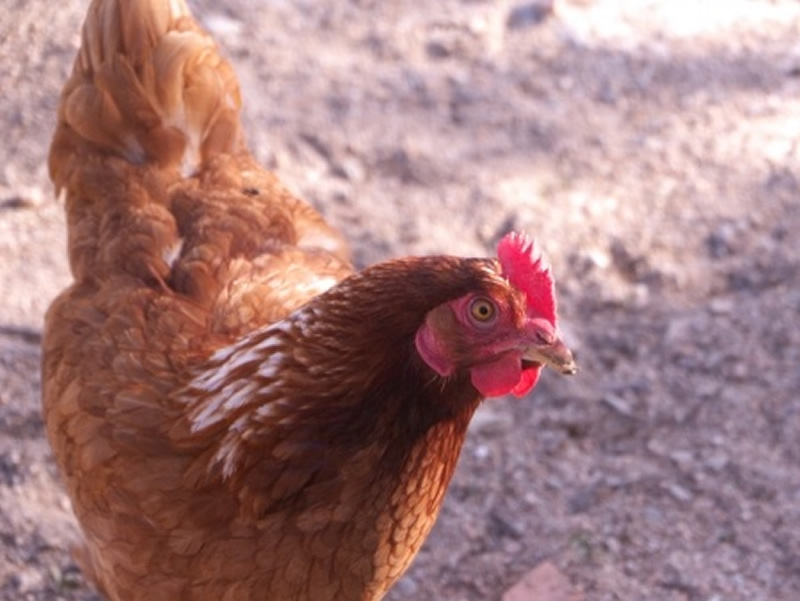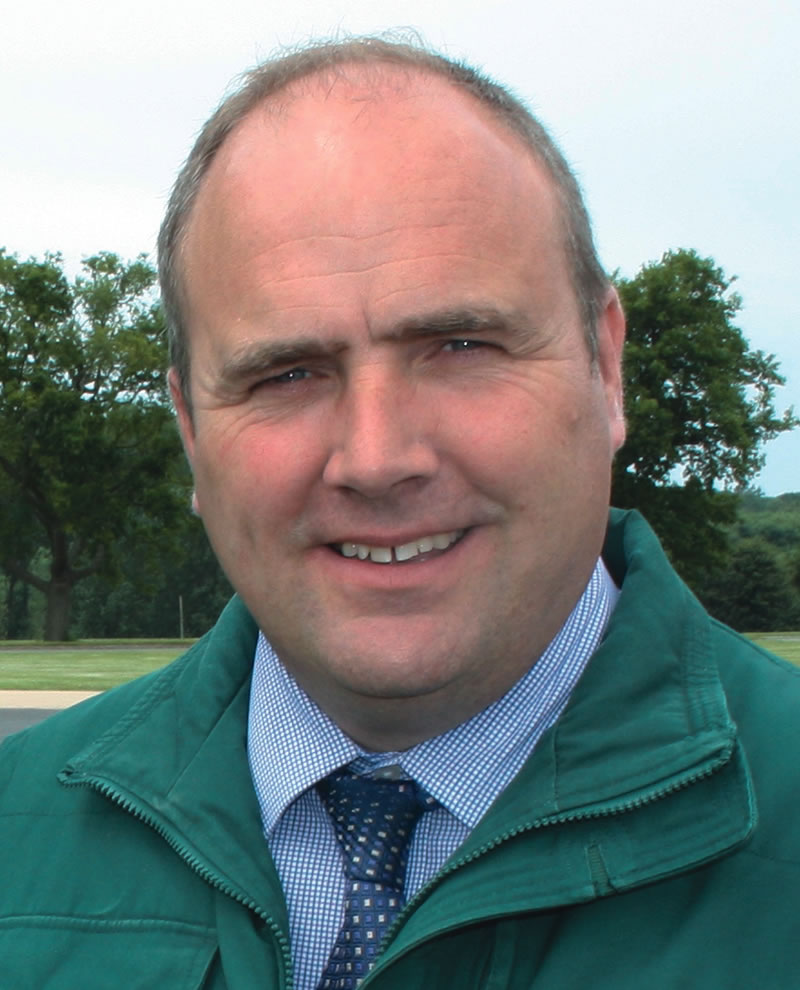
Hopes have been raised that the trial ‘test for exclusion’ scheme introduced to identify avian influenza could become permanent.
The trial was due to come to an end this April but is currently continuing whilst the Department for Environment, Food and Rural Affairs (Defra) reviews the scheme. Exactly when a final decision will be made about its future is not yet known, but Gary Ford, chief poultry adviser with the National Farmers’ Union (NFU) says he is hopeful that ‘test for exclusion’ will become a permanent feature of AI controls.
“It is looking promising,” said Gary. “The industry wants it to continue and become permanent and so does the Animal and Plant Health Agency (APHA). It is continuing as a trial at the moment while we wait for the Government to make a decision but the hope is that it will carry on and that it will be extended to cover ducks.”
‘Test for exclusion’ was introduced in April 2014 as a trial for cases where a poultry vet did not necessarily think that AI was involved but where he could not categorically rule it out. It was credited with leading to the discovery of an AI outbreak in Hampshire in February this year.

Gary Ford said at the time, “Hampshire was a big positive. AI was identified through this exclusion scheme pilot, which was intended to encourage farmers to send samples away for testing. It does seem to have worked in this case.”
NFU Poultry Board chairman, Duncan Priestner, subsequently wrote to the Government’s chief vet, Nigel Gibbens, asking for ‘test for exclusion’ to continue. He said in his letter, “The sector has already benefited from early detection in the case of the low pathogenic avian influenza detected in broiler breeders in Hampshire on the 2nd February. Duncan said said ‘test for exclusion’ gave the poultry sector a way of ruling out notifiable disease promptly and allowed the early detection of disease when the birds were not displaying clinical symptoms associated with a notifiable disease.
Gary Ford has now told the Ranger that he had recently spoken to APHA about the latest position and he said the indications were that the trial would become permanent. But he said that both vets and farmers needed to be made aware of the scheme and encouraged to make use of it.
“What we need to do is make sure that farmers are made aware that this text exists,” he said. “It is down to the industry to promote it and to encourage vets, when they are asked to look at birds, to promote the use of it to their clients.”
Gary said that farmers did have to pay for the test, and there may be people who were reluctant to do so, but he said it was for the benefit of everyone that an AI outbreak was identified as soon as possible. “The sooner an outbreak is identified, the sooner it can be contained,” said Gary, who pointed to the United States as an example of the possible consequences if an AI outbreak ran out of control and spread.
“It is a dreadful situation over there. I have met people involved in the industry there. These are family farms. Yes, they are on a big scale but they are still family farms and we will be writing to our counterparts over there to express our sympathy. I’m afraid that won’t help them but we will let them know we are thinking of them at this difficult time,” said Gary.
In the United Kingdom, there were two outbreaks of AI over the winter. The first was near Driffield in East Yorkshire and involved the high risk H5N8 strain of the virus. A total of 6,000 birds were culled on the affected duck breeding unit and for some days egg producers in the area were unable to send their eggs to packing stations. The British Egg Industry Council (BEIC) estimated that at one point as many as 750,000 eggs were sitting on laying farms waiting for collection in the restricted area.
The second outbreak was the one in Hampshire in February. It involved the low risk H7N7 strain of the virus and was on a commercial chicken breeding farm at Upham in the Meon Valley. Fortunately, the outbreaks were contained and Gary Ford praised the UK authorities for their work in doing so.
“I have nothing but praise for the way Defra and APHA handled things. Yes, thinks were a bit clunky at the time, but the AI was contained to those two farms and I think we can be proud of our own bio-security. That doesn’t mean we can’t improve because the threat has not gone away. It is still there.”
There has been some feeling within the free range egg sector that precautions could be put in place more quickly where avian influenza may be involved. The British Free Range Egg Producers’ Association (BFREPA) wrote to DEFRA following the Yorkshire outbreak to offer some thoughts on improving bio-security and at the BFREPA conference in November former association chairman John Retson said he would like to see a housing order issued for the whole of the United Kingdom as soon as any AI outbreak was confirmed. His views were supported by David Brass of the Lakes Free Range Egg Company.
Following the outbreak in Hampshire, Martin Humphrey of Humphrey Feeds – a co-opted member of the BFREPA council – said he thought that the whole poultry industry, including egg producers, broiler farmers, breeders and the game sector, too – needed to have a discussion about how it should react in cases like the one in the Meon Valley where avian influenza was not initially thought to be involved. Martin said that, during the delay between a vet being called in and AI being confirmed, the disease could have been spread to other farms by people unaware of what was happening. In cases where AI was confirmed or suspected restrictions were put in place immediately. At Upham, no restrictions would have been put in place until tests proved conclusive.
